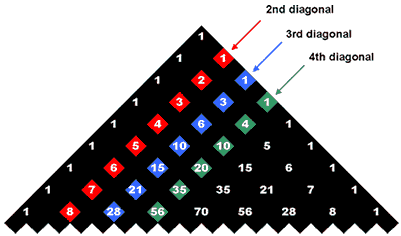(added an image of some relevance) |
m |
||
| Line 21: | Line 21: | ||
<math>\sum_{i=1}^{N}{i} = \frac{i(i+1)}{2}</math> | <math>\sum_{i=1}^{N}{i} = \frac{i(i+1)}{2}</math> | ||
| − | [[Image:Fibonacci.gif]] Here are the Fibonacci Numbers. | + | [[Image:Fibonacci.gif]] Fig. 1 |
| + | |||
| + | Fig.1 : Here are the Fibonacci Numbers. | ||
---- | ---- | ||
[https://kiwi.ecn.purdue.edu/rhea/index.php/2009_Fall_ECE_462_Lu Back to ECE462] | [https://kiwi.ecn.purdue.edu/rhea/index.php/2009_Fall_ECE_462_Lu Back to ECE462] | ||
Revision as of 04:29, 28 August 2009
Summing Numbers
Some text will go here.
here is a link to wikipedia
class foo { }; int main() { for(int i = 0; i < 100; ++i) { printf("%d", i); } }
$ \sum_{i=1}^{N}{i} = \frac{i(i+1)}{2} $
Fig.1 : Here are the Fibonacci Numbers.


